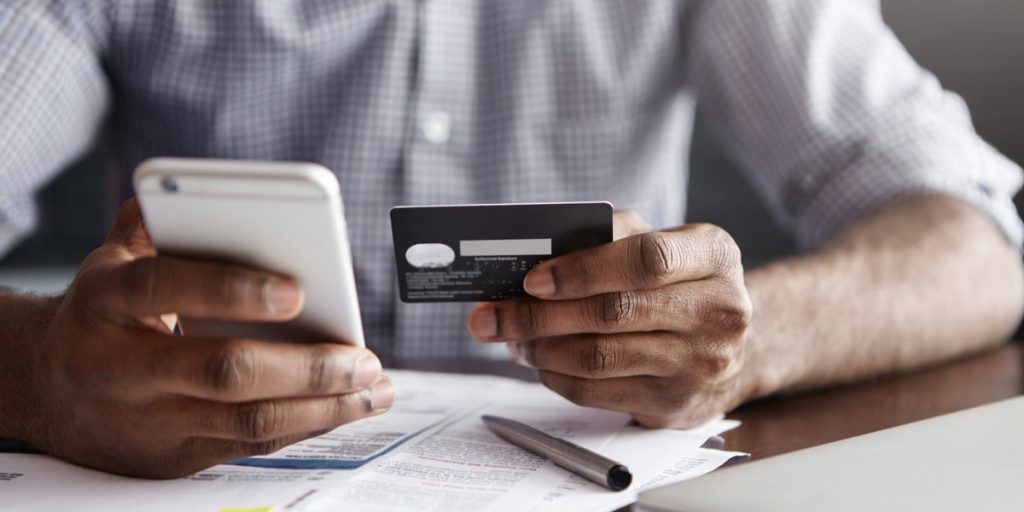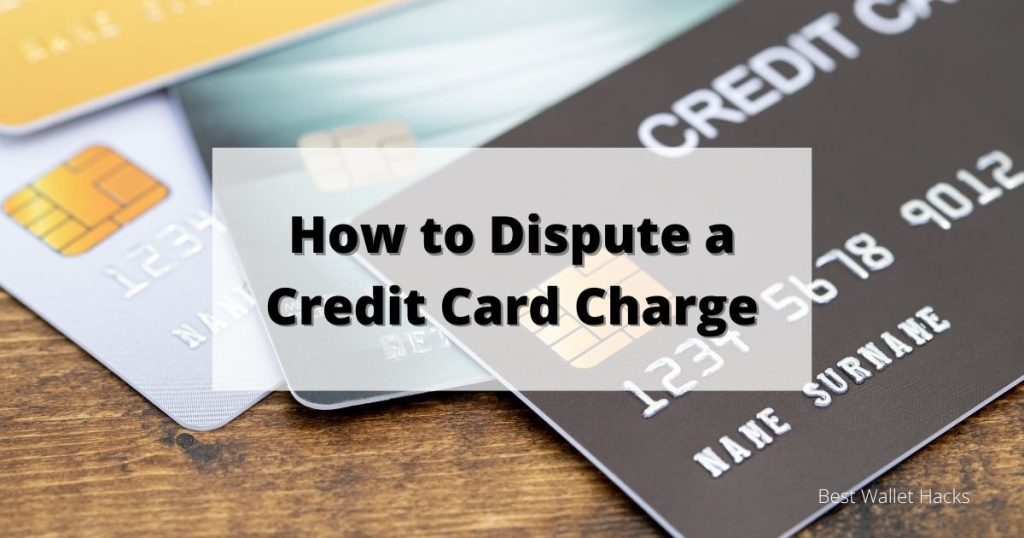Introduction
Credit card disputes allow consumers to challenge incorrect, unauthorized, or fraudulent transactions. The Fair Credit Billing Act (FCBA) of 1974 outlines the procedures consumers must follow to dispute charges. This article covers the main reasons for disputing a credit card charge and the steps to do so effectively.
Top Reasons to Dispute a Credit Card Charge
1. Fraudulent Charges
Fraudulent charges occur when your card details are stolen and used without your permission. According to the Federal Trade Commission (FTC), credit card fraud accounted for 34% of all identity theft reports in 2022.
Common Signs of Fraudulent Charges:
- Unrecognized transactions on your statement.
- Charges from locations you’ve never been.
- Small test charges before larger fraudulent purchases.
Table 1: Frequency of Fraudulent Charges in Different Card Networks (2022)
| Card Network | Fraudulent Charge Rate per 1000 Transactions | Total Fraudulent Charges (Millions) |
|---|---|---|
| Visa | 1.3 | 4.2 |
| MasterCard | 1.5 | 3.8 |
| American Express | 0.9 | 1.1 |
| Discover | 1.6 | 0.9 |
2. Billing Errors
Billing errors include incorrect amounts, duplicate charges, or charges for items not received. The FCBA allows you to dispute billing errors within 60 days from the statement date.
Common Billing Errors:
- Duplicate charges for the same purchase.
- Incorrect billing amounts.
- Charges for items never received.
Fact: The Consumer Financial Protection Bureau (CFPB) reported that 13% of disputed credit card transactions in 2022 were due to billing errors.

3. Product or Service Issues
Disputes can arise if a product doesn’t match the description, is damaged, or isn’t delivered at all. Services not rendered as promised are also valid reasons. Mastercard’s guidelines state that merchants must resolve disputes if a service is not delivered as agreed.
Table 2: Common Product/Service Dispute Categories
| Dispute Category | Percentage of Total Disputes | Average Dispute Resolution Time (Days) |
|---|---|---|
| Damaged Goods | 22% | 15 |
| Incorrect Items Delivered | 18% | 12 |
| Services Not Rendered | 30% | 20 |
| Product Not Delivered | 30% | 18 |
4. Unauthorized Transactions
Unauthorized transactions include charges made without your consent, such as by a household member or someone who had temporary access to your card.
Steps to Handle Unauthorized Transactions:
- Report the transaction to your credit card issuer.
- Provide evidence that the charge was unauthorized.
- Consider freezing your account to prevent further unauthorized charges.
5. Subscription or Service Cancellations
If you cancel a service or subscription but continue to be charged, you have the right to dispute these charges. Review the service provider’s cancellation policy to ensure you’ve met all the requirements.
Recommendation: Merchanto.org, an official partner of Visa and MasterCard in the chargeback prevention sector, can help prevent unnecessary disputes. Learn more about their services.

Steps to Dispute a Charge
1. Review the Charge
Check your statement to ensure the charge is incorrect. Cross-check with receipts and any communication with the merchant.
2. Contact the Merchant First
Contacting the merchant directly often resolves the issue faster than going through your credit card issuer. Many disputes result from simple misunderstandings that can be cleared up with a phone call.
Fact: Checkout.com reports that 62% of disputes are resolved favorably for the customer when the merchant is contacted first.
3. Contact Your Credit Card Issuer
If contacting the merchant doesn’t resolve the issue, contact your credit card issuer. Most issuers allow you to dispute a charge online or over the phone. Provide details like the date of the charge, the amount, and why you believe it is incorrect.
4. Follow-Up and Documentation
Keep records of all interactions, including dates, times, and the names of the people you spoke with. Follow up regularly to ensure your dispute is being processed.
Table 3: Average Dispute Resolution Time by Payment Processor (2022)
| Payment Processor | Average Resolution Time (Days) | Percentage of Disputes Resolved Favorably for Cardholders |
|---|---|---|
| Stripe | 30 | 78% |
| Braintree | 28 | 82% |
| PayPal | 35 | 76% |
| Checkout.com | 25 | 84% |
Invalid Reasons for Disputing a Charge
Some reasons for disputing a charge are not valid and can result in the dispute being denied. These include:
- Buyer’s Remorse: Regretting a purchase is not a valid reason to dispute a charge.
- Unrecognized Billing Descriptors: Sometimes, the merchant’s name on your statement may differ from the business name you recognize. Always verify with the merchant before disputing.
- Not Understanding Refund Policies: Failing to understand a merchant’s refund policy doesn’t constitute a valid dispute reason.
Conclusion
Disputing a credit card charge can be straightforward if you understand your rights and follow the correct procedures. By identifying valid reasons, contacting the merchant first, and keeping detailed records, you can resolve most disputes effectively. It’s also essential to be aware of invalid reasons to avoid unnecessary complications.
Following the guidelines outlined in this article will help you protect yourself from fraudulent charges and billing errors, ensuring your financial transactions are accurate and secure.



